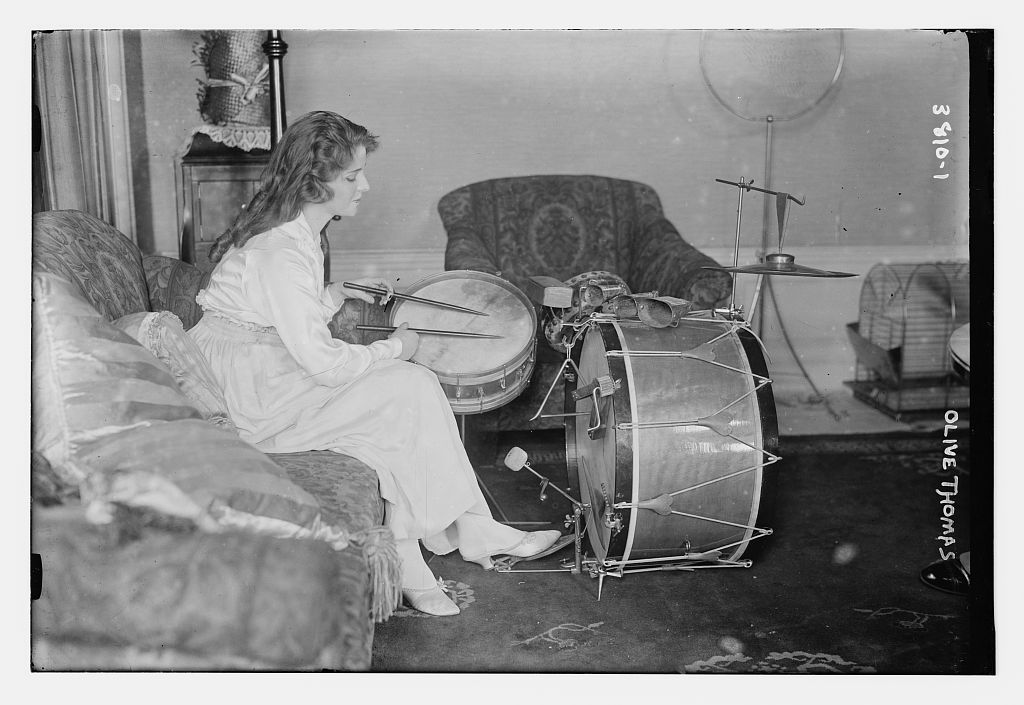Thanks for reading. Please subscribe if you’d like the next letter in your inbox.
(notes on) How to Remember Everything You Learn
This is the best video I’ve watched this year.
The three steps of this practice are Recall, Simple Explanations, and Spaced Repetition.
“Recall” is as basic as it sounds. Pause and think about what you just read. Information shouldn’t be treated like a page-turner. Pause between chapters and ponder what was just read.
I stumbled into this practice two years ago, after refocusing this blog as “notes on my consumption”. I try to write a blurb about every bit of extended content that I consumed. At the time, I was trying to force myself to be a more consistent content producer, but it unwittingly made me a better consumer as well!
“Simple explanations” are called the “Feynman Technique” in the video. Master the subject so you can explain it to a 5-year-old.
I have used this technique throughout my career. I’ve always forced my engineers to explain problems so that I can retell the story to the clients. Decision-makers are rarely the subject matter experts, so the consultant’s job includes distilling issues to their core essence for informed action.
“Spaced Repetition” is the practice to regularly review content. As we internalize the info, we gradually increase the intervals between reviews to lock the information into our long-term memory.
Again, this blog has come to the rescue because posts involve multiple rounds of edits. For example, this post was initially drafted on June 8th. I edited it in August and I’m now publishing it in October.
This post regurgitates the actionable advice from the second half, but the first half is worth watching because it provides the neurological context for its recommendations and includes a potent warning that feeling like we know something is not a sign of real understanding.
Give it a watch, take some notes, explain it to a kid, and watch it again!
Also, consider starting a blog. This site has hosted a variety of odd experiments. This digital archive of the decade has become a personal infrastructure for further explorations. Maybe it will even unwittingly create a process to help you improve at remembering things.
~
One Question
Do you have any processes that help you practice spaced repetition? How do you avoid forgetting information as quickly as you learned it?
Hit reply and let’s chat!
~
One Link
While this video may be the best single shot I’ve come across this year, I have been really enjoying the Technology Connections Channel by Alec Watson. He explains common technology (such as the dishwasher) in simple clear language with a wickedly dry humor.
~
Thanks for reading the OPM letter! I’d love to have a conversation if you have any feedback. I hope you found some prompts to stretch your craft and relationships as a curious Owner PM. See you next week!
Stay humble, be kind, and keep experimenting!
Justus Pang, RA
